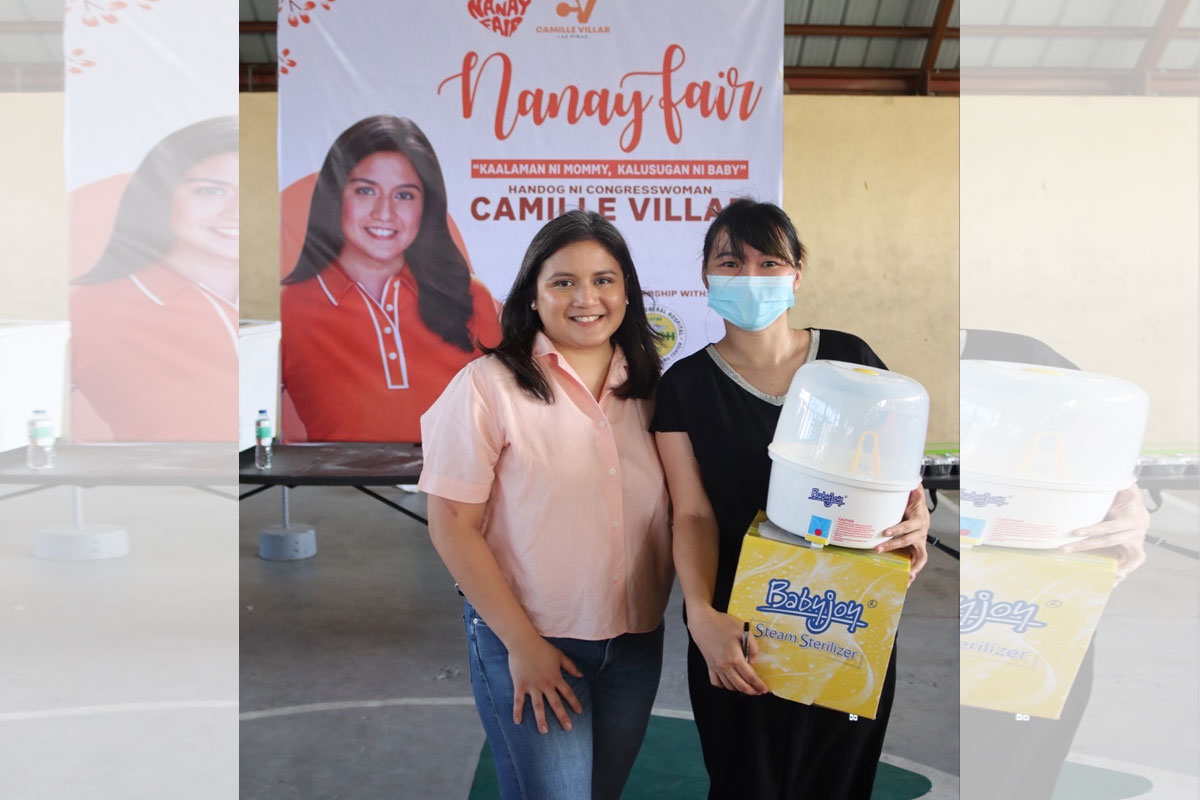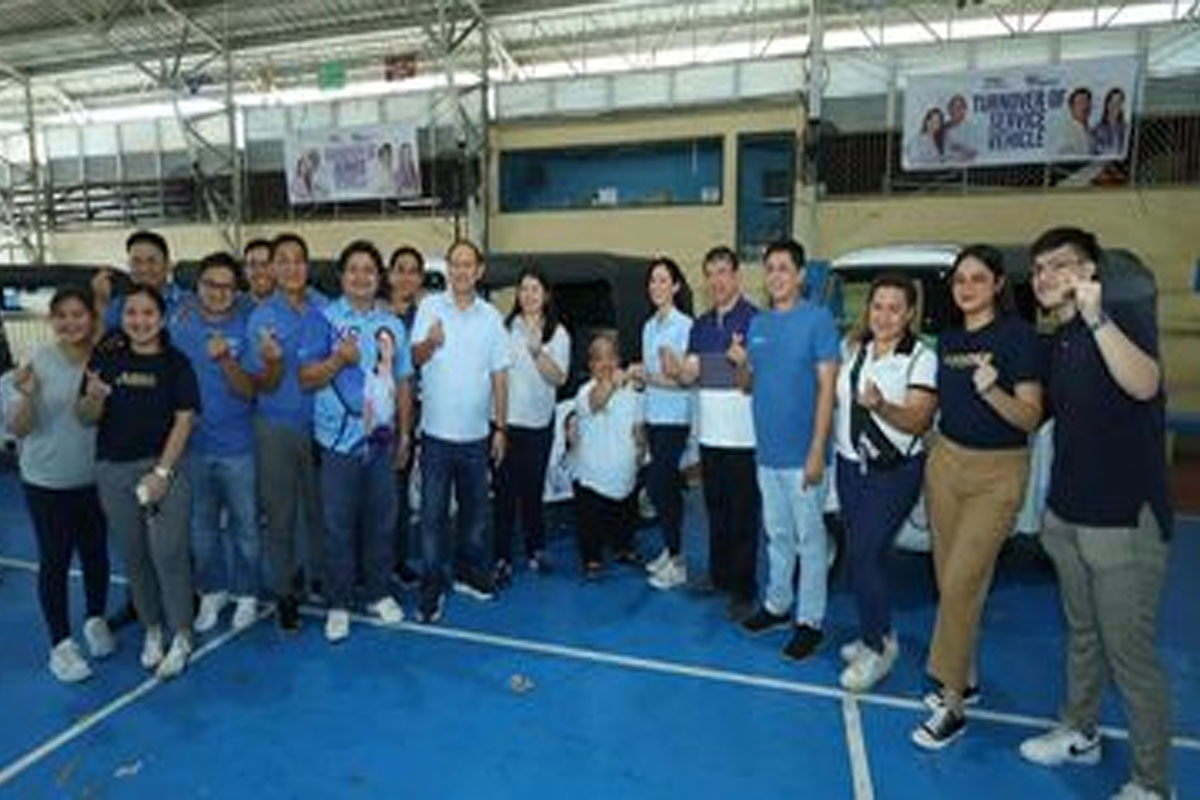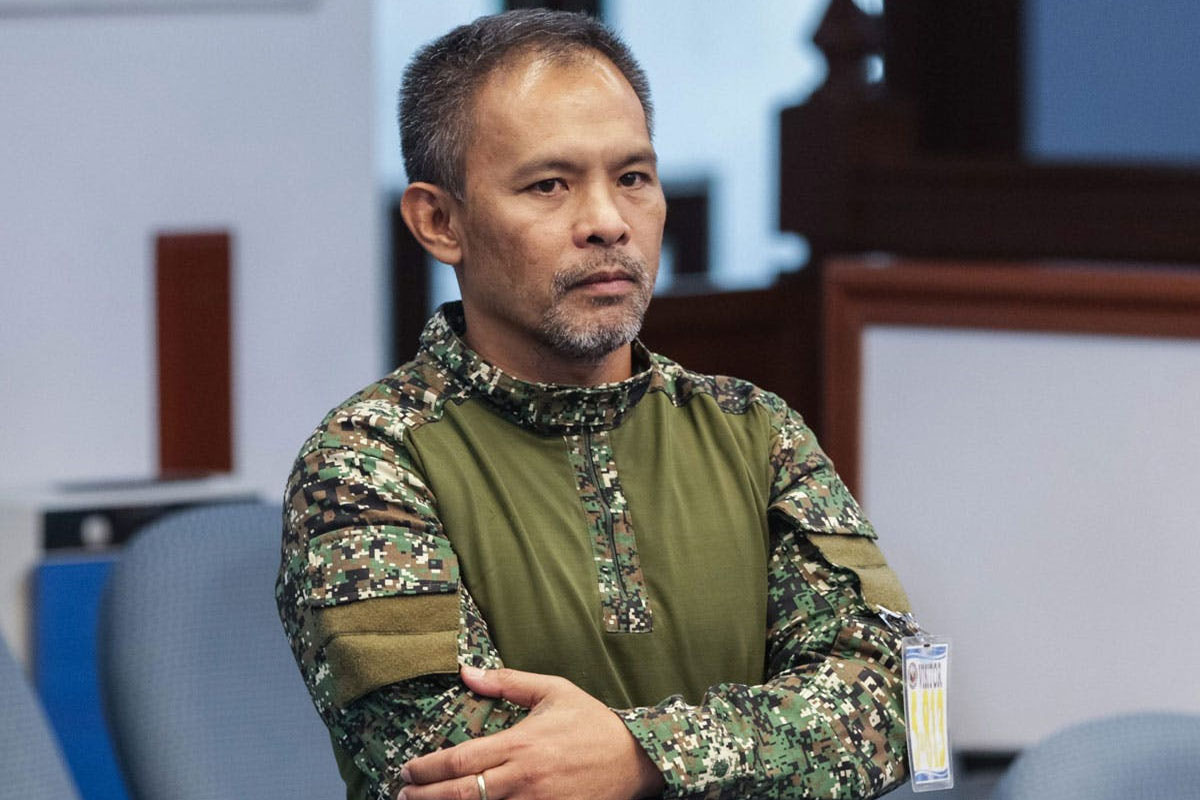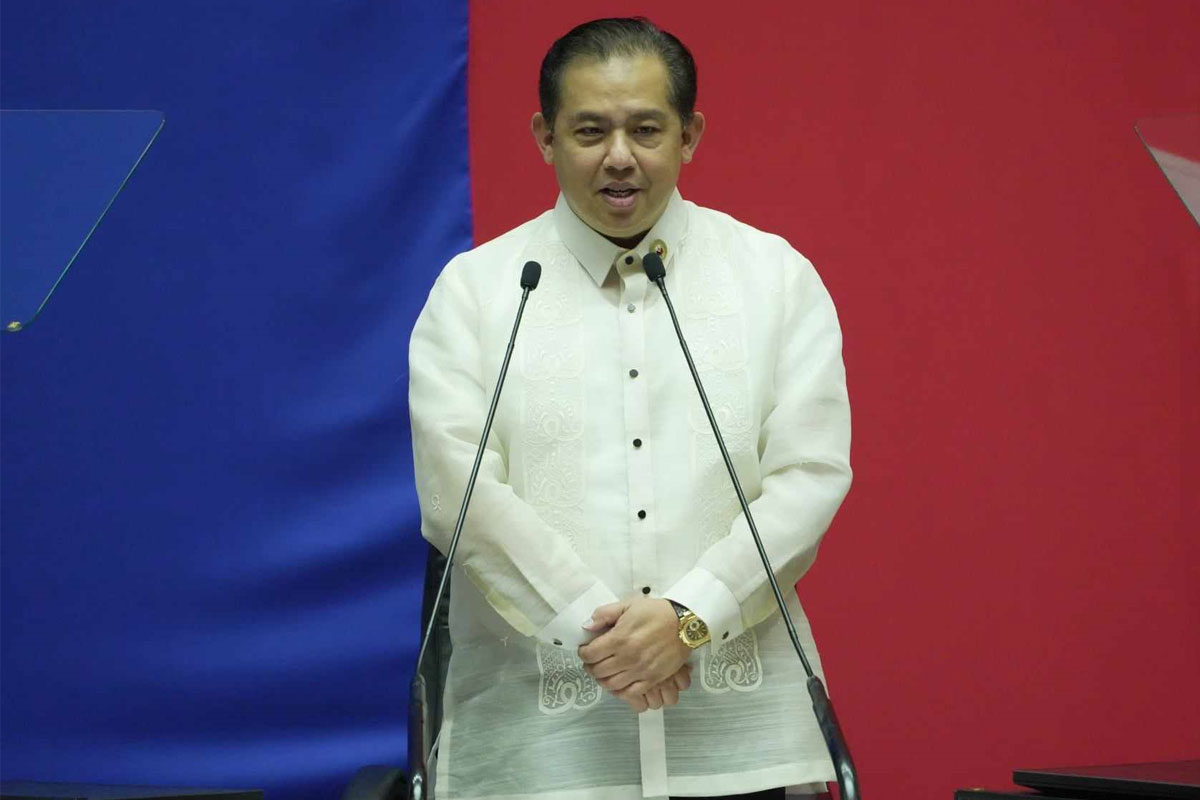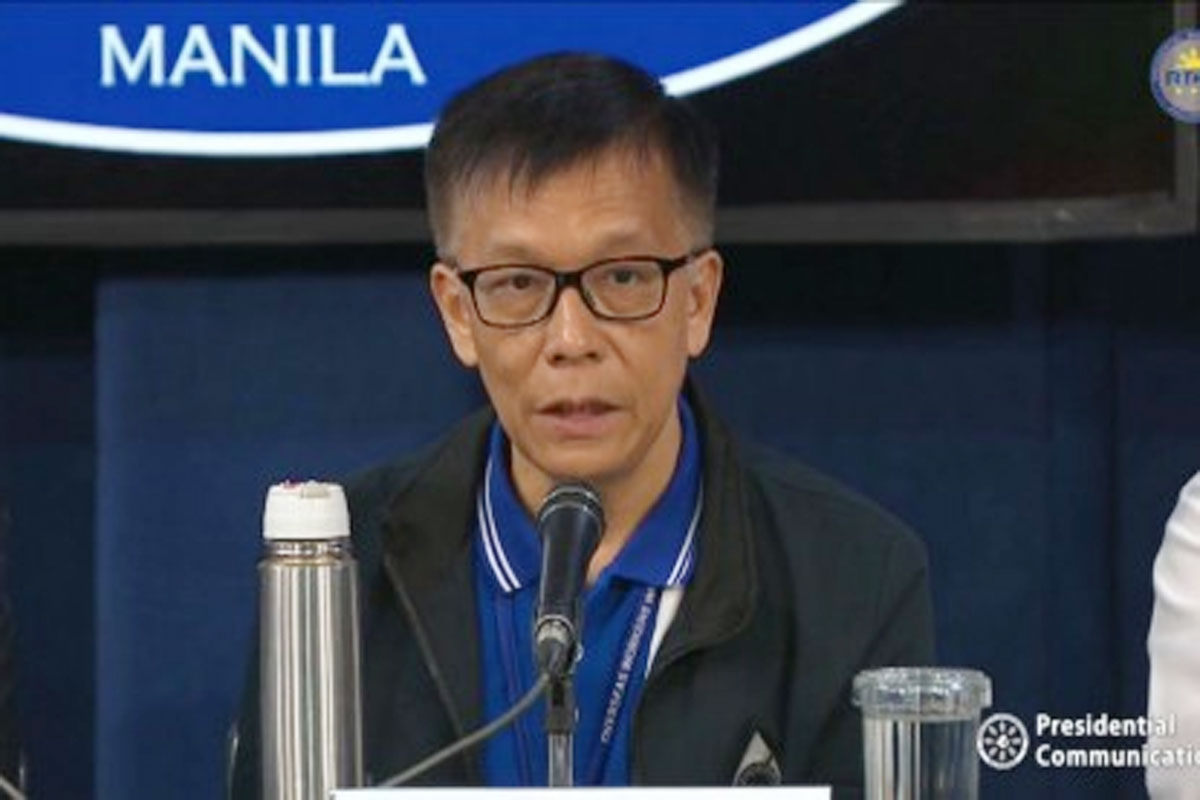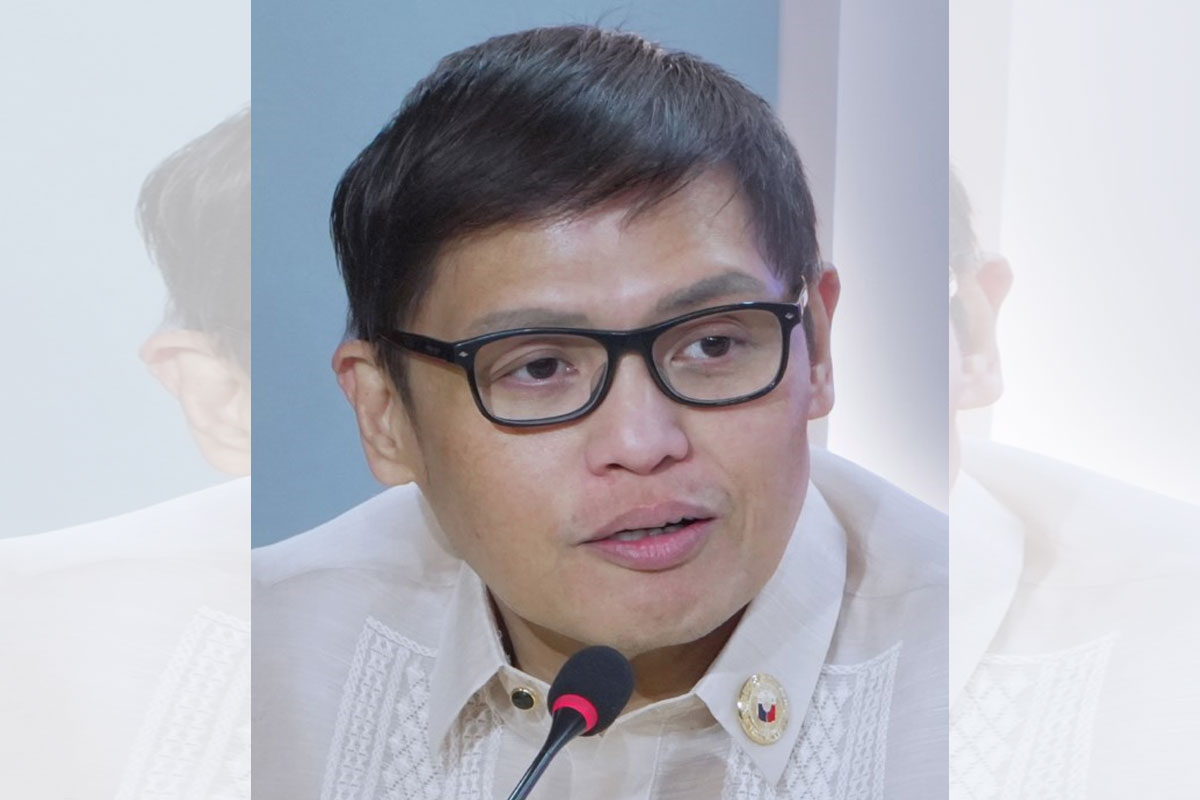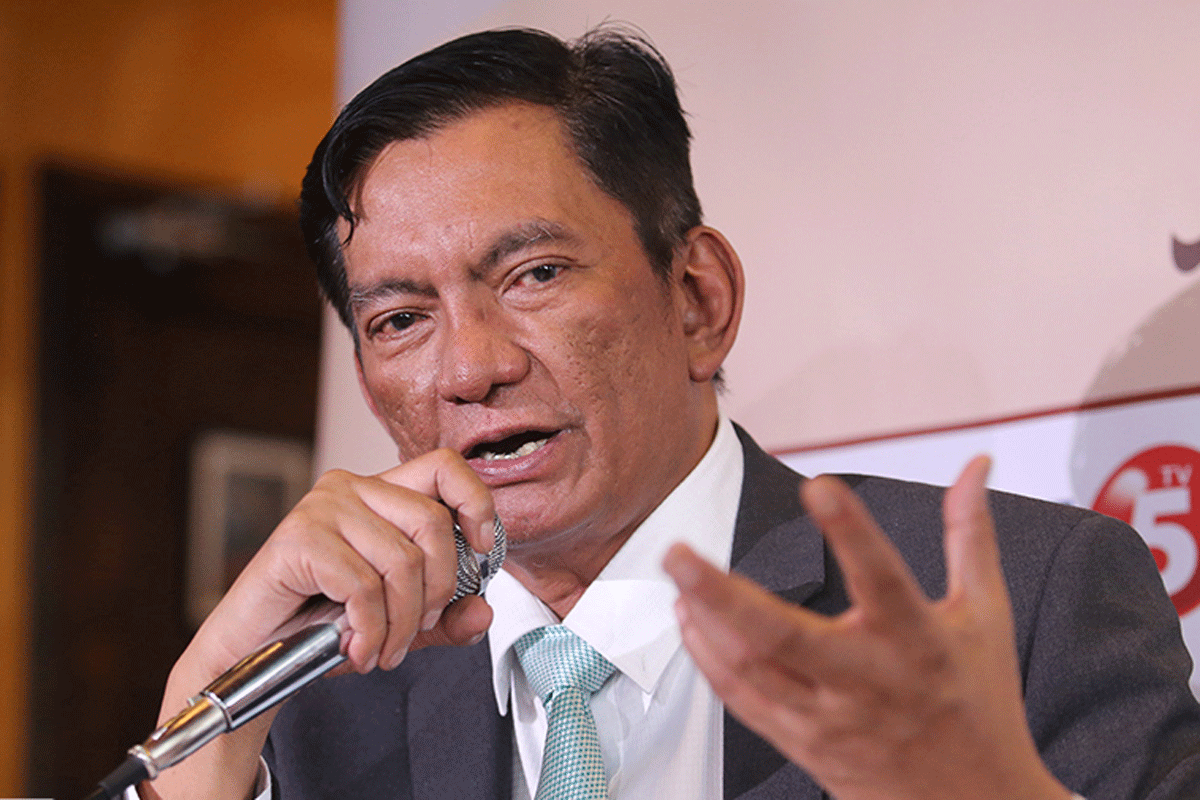
Solon warns vs possible rice price increases
HOUSE committee on ways and means chairman and Albay Rep. Joey Sarte Salceda has warned against possible rice price increases over the coming months as Vietnam, the country’s main source of imported rice, suffers rice supply pressures.
Salceda said Vietnamese farmers shift to more high-value varieties of rice, stressing that “the implications of these developments in Vietnam are certain. If we don’t do anything with domestic supply and source diversification, we could see higher rice price inflation.”
He cited the data from the Vietnam Food Association (VFA), which showed that Vietnam’s rice exports in the first seven months only reached about 3.5 million tons, down 12.7 per cent over the same period in 2020.
The House leader also cited the VFA’s statements that Vietnamese farmers are shifting to more expensive varieties, while accepting a decline in export volumes.
“We should never depend on Vietnam’s rice exports for our supply in the first place. Vietnam is a society that is becoming more affluent. The result of higher purchasing power is greater food consumption. That means fewer volumes available for export,” Salceda said.
Salceda also said that Vietnam’s Ministry of Agriculture and Rural Development (MARD) also showed that rice prices increased in the first seven months of 2021, although with limited supplies due to the ongoing health crisis.
“Part of what keeps inflation tame despite higher meat and transport prices is because rice inflation is actually negative in some cases. Average rice prices in August declined by 0.4% year-on-year. Imagine what happens to inflation when that ticks up even just a bit. The poor spend around 20% of their income on rice,” Salceda remarked.
The House tax chair recommended that the mechanization component of the Rice Competitiveness Enhancement Fund (RCEF) under the rice tariffication program be rolled out faster to improve farm yields and reduce wastage.
“We really need the RCEF programs to be fast-tracked so that we can respond to these developments from our main provider of imported rice,” Salceda urged.
“Last quarter, the Philippine Center for Postharvest Development and Mechanization (PHilMech) completed the implementation of the mechanization component, which is 50% of RCEF, just for 2019 and 2020. So, they were actually catching up on a backlog early this year,” Salceda said.
“If we can complete the 2021 program before 2021 ends, it would make a difference,” Salceda added.
Salceda also pushed for land consolidation with land condonation as a complementary policy to mechanization.
“Farm mechanization works best when you are dealing with big-enough tracts of land. It’s cost efficient that way. I filed House Bill No. 9955 which would increase the landholding limit to 24 hectares, promote investments in the agriculture sector by condoning the loans of agrarian reform beneficiaries (ARBs), which will allow more productive use of agrarian reform land to sale, lease, or joint venture with farmers, and open a low-interest loan facility to help farmers repurchase mortgaged agrarian reform land,” Salceda said.
“I am also trying to secure a significant increase in the budget of the Department of Agriculture. We have secured my initial commitment of pushing for a 10% increase. But it has to come with efforts on the part of the DA to ensure they can implement quickly,” Salceda added.
“Secretary [William] Dar is responding very proactively to the rice situation. With faster implementation of RCEF, we are poised to see the largest harvest of rice next year. We are also diversifying our imports to include Pakistan and India. But we can definitely push harder,” Salceda concluded.





